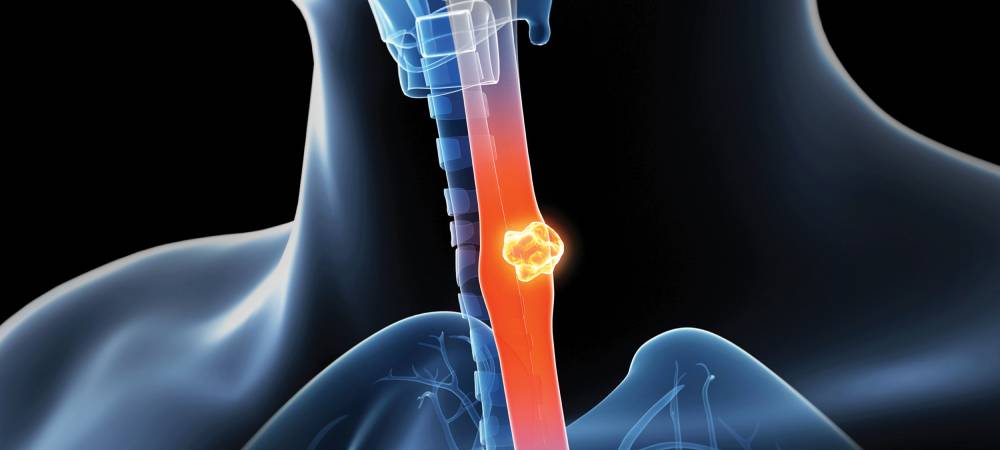Esophagus Disease
Home : : Gastroenterology : : Esophagus Disease
Gastroenterology Treatments

Esophagitis is defined as inflammation of the esophagus, which is the tube that connects the throat to the stomach. Esophagitis can cause painful, difficult swallowing and chest pain. Causes of esophagitis include stomach acids backing up into the esophagus, infection, oral medications and allergies.
Treatment for esophagitis depends on the underlying cause and the severity of tissue damage. If left untreated, esophagitis can damage the lining of the esophagus and interfere with its normal function, which is to move food and liquid from your mouth to your stomach. Esophagitis can also lead to complications such as scarring or narrowing of the esophagus, and difficulty swallowing.
Signs and symptoms of Esophagitis
- Difficult and/or painful swallowing
- The feeling of food getting stuck while swallowing
- Heartburn
- Acid reflux
- Unpleasant taste in mouth
- Sore throat
- Hoarseness
- Cough
- Mouth sores
- Nausea
- Vomiting
- Abdominal pain
- Indigestion
Causes
Esophagitis is generally categorized by the conditions that cause it. In some cases, more than one factor may be causing esophagitis.
- Reflux esophagitis: A valve-like structure called the lower esophageal sphincter usually keeps the acidic contents of the stomach out of the esophagus. If this valve opens when it shouldn’t or doesn’t close properly, the contents of the stomach may back up into the esophagus (gastroesophageal reflux). Gastroesophageal reflux disease (GERD) is a condition in which this backflow of acid is a frequent or ongoing problem. A complication of GERD is chronic inflammation and tissue damage in the esophagus.
- Eosinophilic esophagitis: Eosinophils (e-o-SIN-o-fils) are white blood cells that play a key role in allergic reactions. Eosinophilic esophagitis occurs with a high concentration of these white blood cells in the esophagus, most likely in response to an allergy-causing agent (allergen) or acid reflux or both.
- Lymphocytic esophagitis: Lymphocytic esophagitis (LE) is an uncommon esophageal condition in which there are an increased number of lymphocytes in the lining of the esophagus.
- Drug-induced esophagitis: Several oral medications may cause tissue damage if they remain in contact with the lining of the esophagus for too long.
